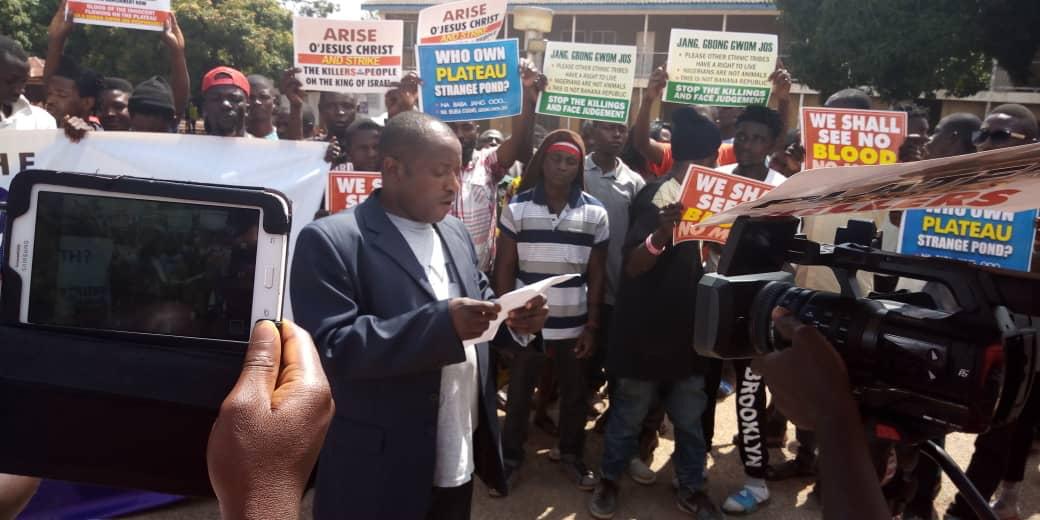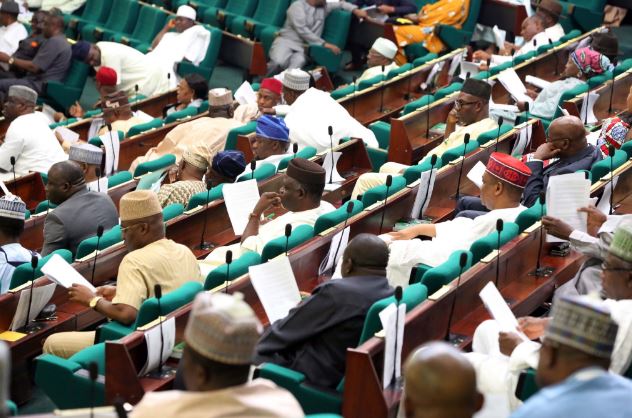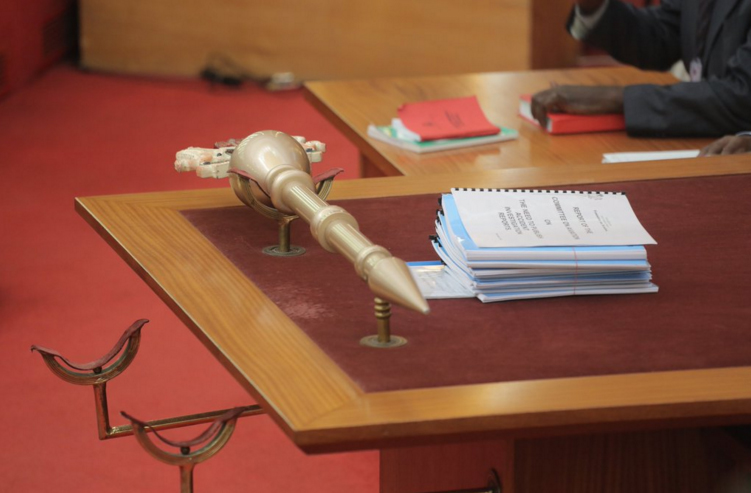The federal high court, Abuja, has dismissed the suit filed by the Benue state government to challenge the power of the Economic and Financial Crimes Commission (EFCC) to investigate accounts of the state.
Nnamdi Dimgba, the judge, held that the suit was lacking in merit.
The EFCC had frozen three bank accounts belonging to the state government on August 8, while accusing Samuel Ortom, governor of the state, of committing fraud to the tune of N22 billion.
But Ortom had denied the allegation, claiming he was being witch-hunted for dumping the All Progressives Party (APC) for the Peoples Democratic Party (PDP).
Advertisement
The state government had taken the anti-graft agency to court over what it referred to as “frenzied investigation activities into its financial administration”.
Micheal Gusa, attorney-general of the state, who filed on behalf of the government contended that the EFCC was not empowered by law to inquire into or investigate the financial affairs of the state.
In his ruling, Dimgba held that the case was built on a misconception that the EFCC lacked statutory powers to investigate the financial activities of a state government.
Advertisement
“I must make clear from the very beginning that it appears to me that this suit rests on a very serious factual fallacy and misconception,”he said.
“This misconception partly arises from the collapse of sections 6 and 7 and 38 of the EFCC act by the plaintiff, and on that basis submitting that a state government does not fall within the definition of any of the subjects that can be open to the investigative measures under sections 7 and 38 of the act.
“This is because a state government can never be a person, authority, corporation or company as provided for in the act.
“As stated, it seems issues are being mixed up here and court must be careful not to allow itself to be pulled into this deep gully of misconception.”
Advertisement
He said the power to fight corruption given to the EFCC under sections 6, 7 and 38 of its act were broad and not limited to any geographical location.
“Indeed, the definition of economic and financial crimes under section 46 of the EFCC act is so broad that it arises even in the context of the management of the financial resources of a state,” he held.
“I am, therefore, in total disagreement with the proposition that the EFCC is foreclosed from investigating an allegation of corruption when it has to do with the finances of a state government.”
Emeka Etiaba, counsel to the state government, who was accompanied by Gusa said the state would challenge the judgment at the court of appeal.
Advertisement
Add a comment






